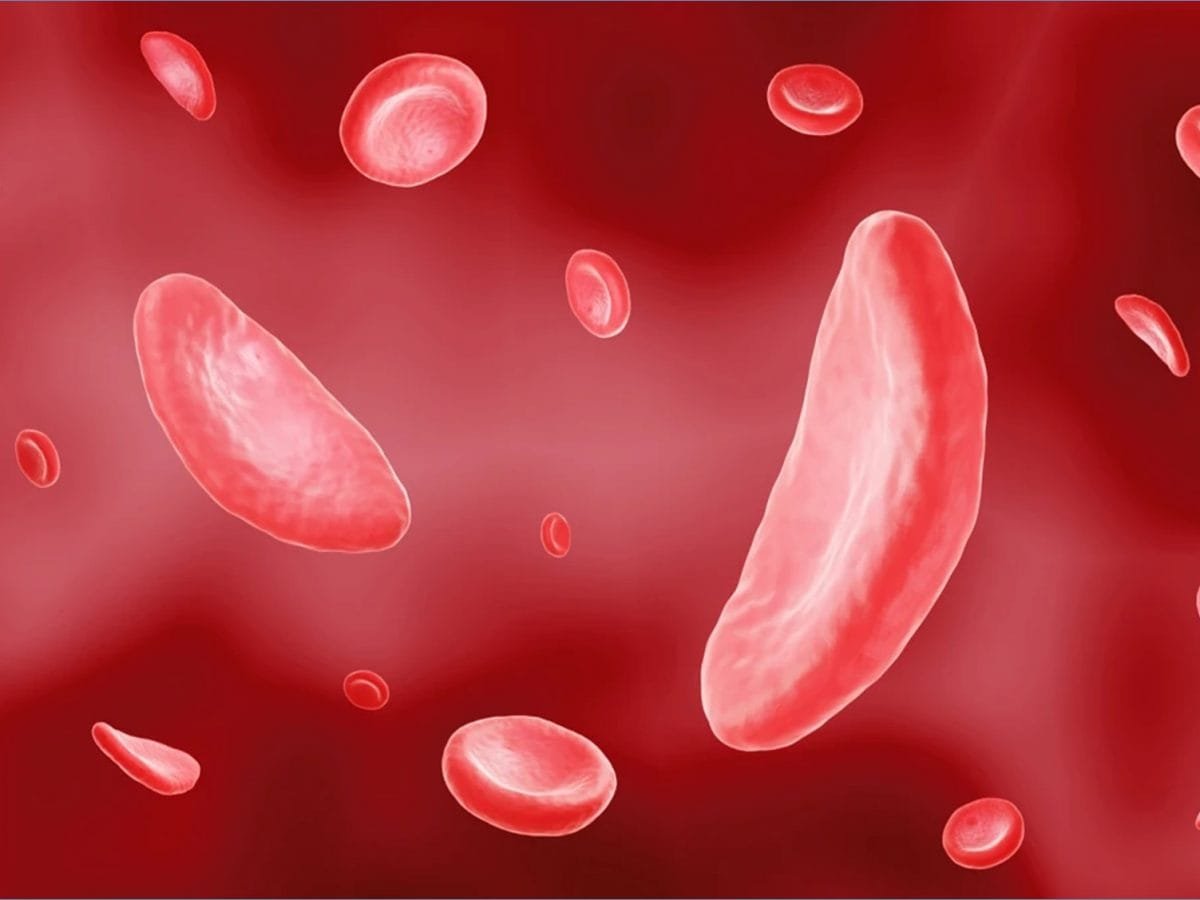Sobriety is more than just a lifestyle change—it’s a journey of transformation that affects the mind, body, and soul. While often celebrated for its health benefits and clarity, the road to sobriety is not without its challenges. From emotional upheavals to social adjustments, the side effects of staying sober are as complex as they are rewarding. In this article, we’ll explore 10 surprising side effects of sobriety, shedding light on the hurdles and triumphs that come with choosing a substance-free life. Whether you’re considering sobriety or supporting someone on this path, understanding these effects can provide valuable insights into the journey ahead.
10 Side Effects of Being Sober
Sobriety, the state of abstaining from alcohol and drugs, is often celebrated as a healthier lifestyle choice. However, transitioning to or maintaining sobriety can come with its own set of challenges, both physical and emotional. Here are ten side effects that individuals may encounter when becoming or staying sober:
- Physical Withdrawal Symptoms
For individuals who were previously dependent on substances, the initial phase of sobriety can bring withdrawal symptoms. These may include headaches, nausea, insomnia, and tremors. The severity depends on the substance and duration of use.
- Heightened Emotions
Substances often serve as a coping mechanism to numb emotions. Without them, emotions like anger, sadness, and anxiety can feel overwhelming. Sobriety forces individuals to face these feelings head-on, which can be difficult but ultimately healing.
- Improved Clarity and Memory
Sobriety can sharpen mental clarity and improve memory. While this is beneficial, it can also mean confronting painful memories or regrets that were previously suppressed.
- Social Challenges
Living sober can lead to social isolation or awkwardness, especially in environments where drinking or substance use is common. Friends or family who still partake may not fully understand or support the choice, creating tension or distance.
- Cravings and Triggers
Sobriety often comes with cravings for the substance an individual has given up. Triggers—people, places, or situations associated with past use—can make it difficult to maintain sobriety without proper coping strategies.
- Changes in Sleep Patterns
Substance use often disrupts natural sleep cycles. During sobriety, it may take time for the body to adjust. Insomnia or vivid dreams (sometimes called “sobriety dreams”) are common in the early stages.
- Rediscovery of Identity
Substances can become a central part of a person’s identity. Sobriety provides an opportunity to rediscover who they are without the influence of alcohol or drugs. However, this journey can be disorienting and may require significant introspection.
- Improved Physical Health
Over time, sobriety leads to significant health improvements, such as better liver function, improved cardiovascular health, and a stronger immune system. However, the body may go through an adjustment period, which can feel uncomfortable initially.
- Increased Self-Awareness
Without substances clouding judgment, individuals often become more aware of their thoughts, behaviors, and relationships. While this can be empowering, it may also bring up feelings of guilt or regret over past actions.
- Sense of Achievement and Empowerment
Maintaining sobriety is a significant accomplishment that often brings a sense of pride and empowerment. This positive side effect reinforces the commitment to a healthier lifestyle, despite the challenges along the way.
Sobriety is a transformative journey that involves confronting challenges, developing resilience, and embracing personal growth. While the side effects of being sober can be difficult, they often lead to a deeper understanding of oneself and a more fulfilling life. Embracing these changes with support from loved ones or recovery communities can make the transition smoother and more sustainable.












